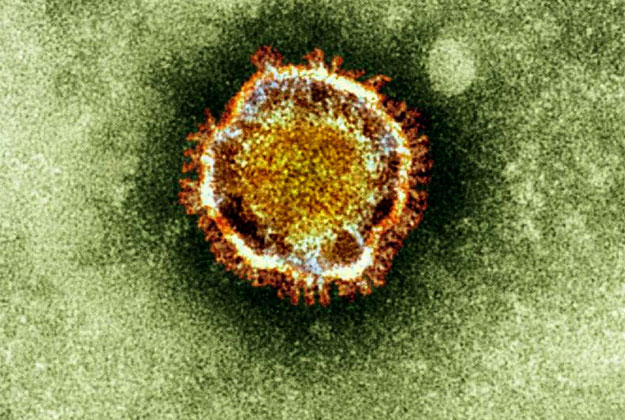
Authorities in the UAE notified the WHO of the Mers case on March 30 and said the man had underlying medical conditions.
A 64-year-old man from Abu Dhabi, who was reported to have direct contact with camels, has died of Middle East Respiratory Syndrome coronavirus (Mers-CoV), according to the World Health Organisation (WHO). A health expert called for calm and said the situation is “neither alarming nor serious” since the UAE has reported only a “handful” of cases.
He, however, said the re-emergence of swine flu (H1N1) — a severe form of seasonal influenza — is closely being watched by health authorities since the numbers had doubled over the past month.
Authorities in the UAE notified the WHO of the Mers case on March 30 and said the man had underlying medical conditions. He got ill on March 21 and was admitted to a city hospital on March 25. His condition deteriorated and he was placed in intensive care but passed away on March 30, said the WHO.
The patient had no reported contact with laboratory-confirmed Mers cases but did report having contact with animals, including camels. The patient also had a recent history of travel to Oman and Saudi Arabia.
With the recent death, the global total of laboratory-confirmed cases of infection with Mers-CoV is 207 — including 87 deaths. “Even with the deaths, we have had only seven or eight cases in the UAE,” said Dr Ashraf El Houfi, Head of the UAE’s Infection Control Committee that monitors and reports infectious diseases in the country.
He said H1N1 cases came to light while authorities were testing patients for Mers. “The cases have increased but not all are severe,” he said. Khaleej Times reported on March 14 that at least 25 cases of H1N1 have been reported in the UAE as the disease resurfaces world over. The count has now doubled to 50. “This is like any other seasonal influenza and is expected to wane by the end of this month,” said Dr El Houfi.
Mers and H1N1 have similar symptoms though Mers is of a more aggressive nature. “Swine flu has re-emerged as seasonal influenza after a gap of three to four years,” he said.
In 2009-2010, a strain of influenza A (H1N1) had caused the swine flu pandemic leading to several deaths around the globe and severe respiratory illnesses. Hundreds were infected and at least three deaths were reported due to the disease by the UAE Health Ministry in 2009.
The WHO declared the end of the pandemic influenza in August 2010. Since then, the virus has been circulating in humans as seasonal influenza virus. However, since February this year, over 40 people have died of swine flu in Egypt while cases have also been reported in Syria.
“We started noticing an increased number of cases by late December and when we compared the count to the numbers of the previous year, we found a higher occurrence,” he said. “The best option for people is to be vaccinated.”
Dr El Houfi said all the authorities concerned in the country are well-equipped to handle any outbreak. “There is nothing to be worried about since we have all the diagnostics and medications to counter the illnesses,” he explained.
Health authorities have already activated the contingency plan of surveillance, testing, isolating and treating any suspected cases, he said.


